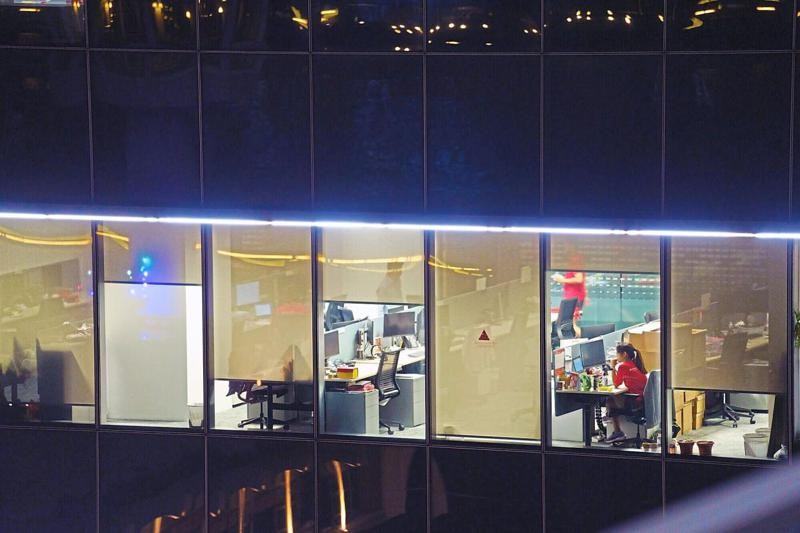
SINGAPORE: Singapore’s small and medium enterprises (SMEs) want to go green, but the question is how, amid a dizzying array of certifications and methods, and the lack of technical expertise.
And while they are unsure how to begin, it is vital that they start their carbon measuring and reporting, said Singapore Business Federation (SBF) chief executive officer Kok Ping Soon, adding that pressure is increasing on small firms along the supply chain as they contribute to bigger companies’ emissions.
He was detailing the top challenges that SMEs face in an exclusive interview with The Straits Times, alongside DBS Bank group head of corporate and SME banking Koh Kar Siong.
Kok said that companies were ready for a low-carbon environment, but they cited access to funding, clarity on environmental, social and governance (ESG) reporting matrices, and availability of technology to measure their initiatives as their key concerns.
“We also want to change the mindset of SMEs. A lot of SMEs are looking at it as a compliance thing, but it’s a matter of business survival,” he said.
He added that this is particularly an issue if ESG has an impact on the business, such as for those in the tradable sectors, where the small companies account for the Scope 3 emissions reporting of big companies.
Scope 3 emissions are not produced by a company itself, but indirectly by other organisations up and down its value chain.
The certification space also remains messy, he said, adding that SBF wants to help manufacturers and businesses by creating a green excellence mark that they can rely on.
The organisation has brought in the Institute of Singapore Chartered Accountants for credibility and assurance, as well as the Agency for Science, Technology and Research as the technical body.
DBS’ Koh said this is also why SMEs might be hesitant about taking the step towards sustainability because they might invest in tools that are unsuited to their firm and any change in course will be even more costly.
SBF is also working with the Singapore Manufacturing Federation to put together a service to offer sustainability officers to SMEs as external help, since they might not have the internal resources to appoint one on their own.
The solution lies in taking an ecosystem approach, said Koh. The bank recently launched a programme to take the guesswork out of sustainability for SMEs, through training by specialists, guidance on strategy and financing support.
“We really want to hand-hold the customers so the 63% of companies that say they don’t know (how to start) in a 2022 DBS-Bloomberg survey now can do it,” he said.
Another issue in the sustainable space is the demand for green skills, with the Sustainability and the Environment Ministry revealing that 55,000 new and upgraded jobs might be created by 2030.
SBF’s Kok said he did a search recently and found 5,000 green or sustainability-related job openings, such as carbon traders and carbon standards and methodology analysts. But the gap may not be as large, as existing jobs can also be greened, he said.
“It’s about greening existing jobs like financial and audit jobs. These professionals now not just have to talk dollars and cents, but also about greenhouse gas emissions,” he added.
He referred to SBF’s career conversion programme for sustainability, where around 160 companies and more than 460 people were reskilled to take on sustainability-related jobs.
Meanwhile, other jobs will also emerge that are related to greening needs such as solar panel installation, which require skills adjacent to mechanical engineering work, for instance, he said.
Jobs around energy transition will also be needed, such as those in geothermals and grid management.
But besides the long-term challenges of sustainability, businesses have to grapple with managing manpower costs, said Kok, adding that when it comes to training staff, there should also be tighter links to employability outcomes.
Source: https://www.thestar.com.my/business/business-news/2024/05/03/going-green-manpower-among-challenges-for-smes

